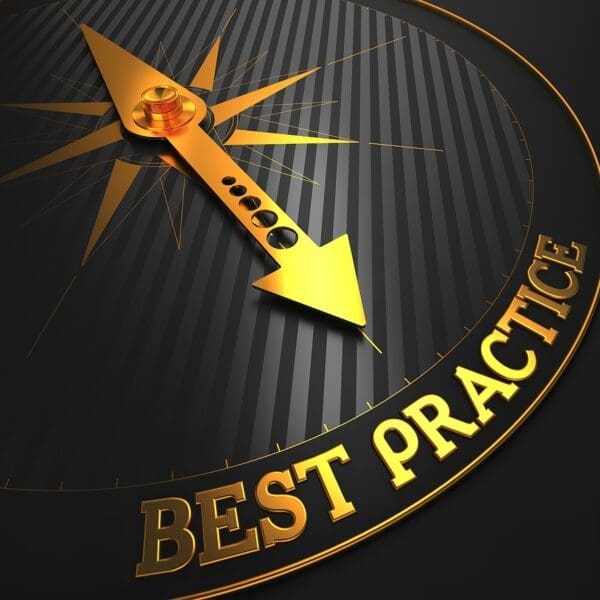
The hotel industry has certainly seen a little turbulence over the last few years. However, things are starting to look a little brighter. One recent study suggests that occupancy is expected to increase by 2.5% in 2024. However, to keep you on track to success, you must minimize the potential disruptions that fresh crises might present.
This is where solid crisis management can make a positive difference for all hotels. It helps you to navigate the unexpected better while keeping your staff and guests safe and satisfied. Certainly, this requires a little planning. But, as recent events have proven, foresight and good organization can mean the difference between overcoming obstacles and shuttering operations.
Develop your resilience
One of the main areas of focus in your crisis management planning should be developing your operational resilience. This term refers to your company’s ability to keep functioning when the unexpected occurs. This keeps revenue flowing despite external challenges. You can start building resilience best by assessing your hotel for its weak points and addressing them. This could be poor communication between departments, inadequate training, or even weak security, among others.
It’s also vital to produce effective risk assessment and testing processes. Your hotel may be vulnerable to certain issues depending on its location, such as extreme weather or natural disasters. For hotels in the U.S., the Federal Emergency Management Agency (FEMA) maintains a national risk index you may find useful here. Your hotel’s prominence in the industry could also make it a target for cybercrime. Work with employees from all departments — not just to identify these risks, but also to understand the severity of them and their potential impact.
Once you’ve identified the primary risks, perform resilience testing for each scenario. This can be a combination of virtual simulations and real-world drills in your off-season. Your first test can further highlight issues you can address. From here, you should commit to regular testing to establish the ongoing efficacy and relevance of your resilience efforts.
Create procedures for both staff and guests
Solid response procedures are essential for ensuring you can manage crises in your hotel effectively. If everyone has a framework that outlines how they should behave and the actions they should take, chaos tends to be less likely to ensue. This shouldn’t just be limited to building processes for your staff. Hotel guests should also have clear guidelines here.
For staff
The crisis management procedures for your staff will depend on a variety of factors. The type of crisis, the department they work for, and their seniority will all impact their role in an emergency. Each type of crisis should have its own document. The first step in any crisis plan is to discuss actions staff members need to take to protect themselves, colleagues, and guests in their vicinity. From here, there should be clarity on who their first contact should be in the event of an emergency to receive further direction.
It can help to allocate crisis teams with leaders for each department. Provide these employees with training from experienced professionals in each form of crisis, so they’re able to effectively guide their colleagues through safe and effective protocols. There should also be contingency guidelines on crisis management documents that inform staff how to behave and where to go if they can’t contact the emergency management leads.
For guests
The key to producing crisis response procedures for guests is to keep it as simple as possible. Take the time to study the hotel blueprints so you can identify the most direct and safe evacuation routes for each room. Produce visual plans for these and keep them in a prominent position, preferably on the rear side of each room’s door.
It can also be wise to place visual diagrams about different crises throughout the hotel. For instance, make sure each hallway has clear markers for fire resources, including extinguishers, blankets, and exits. Every room and the common areas could have a clearly marked first aid kit, with manuals for various types of medical situations. In the first instance, you certainly want guests to seek staff for assistance. However, your plans should empower guests to help themselves if necessary.
Communicate your plans
Particularly concerning staff’s roles in a crisis, you need to ensure everyone is on the same page. A lack of consistency throughout your organization can be a recipe for disaster. Clear communication of your plans is essential to this, as it removes any ambiguity that leads to confusion. However, simply dictating your crisis management procedures isn’t always the most effective approach here.
Communicating your strategic planning in a clear yet collaborative way can improve buy-in from your employees, which may improve the efficacy of your plans. Holding an all-hands meeting with all staff is not just efficient. It also both prevents misunderstandings from second-hand communication and helps everyone feel meaningfully involved. When outlining procedures, don’t just explain the how of your plans but also the why. Knowing the reasons behind the actions can show you respect their intelligence and want to empower them to make well-informed choices about their behavior.
Follow up these meetings with communications that reinforce these discussions. This could be emails with documents that formalize the steps to take in a crisis. Remember that highly visual forms — using diagrams and flowcharts, among others — can aid clarity and make instructions more widely accessible. Importantly, communicate your openness to receive feedback on these elements. Encourage your staff to contribute to crisis management plans and raise concerns. They may even offer innovative practices that boost your hotel’s resilience.
Conclusion
Crisis management for your hotel doesn’t need to be overly complex, but it benefits from some focused effort. Start taking steps to develop your business’ resilience and ensure management plans are both relevant for all stakeholders and well-communicated. Remember, though, that your hotel’s risk profile will change over time. Committing to regularly assessing and adapting your crisis management plans can keep your hotel well-prepared and in a good position to thrive.




















